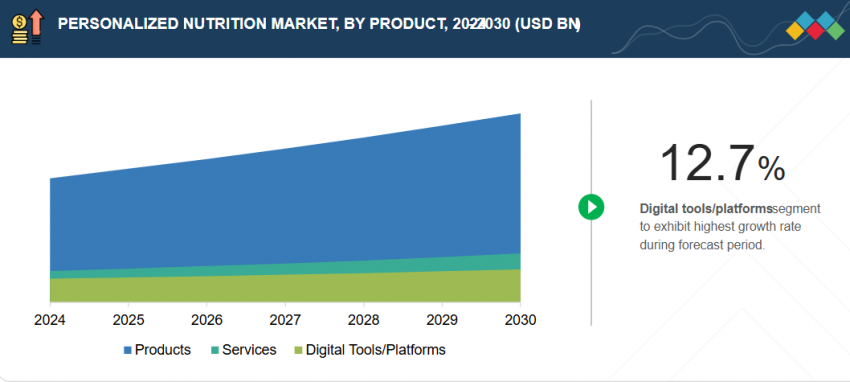Artificial Intelligence is quietly transforming the way we approach food, fitness, and wellness. The AI nutrition planner market is at the heart of this change — bridging data science with personal health to create smarter, more intuitive diet solutions.
Personalized Nutrition Meets Predictive Intelligence
Traditional nutrition advice often follows a “one-size-fits-all” model. AI-powered nutrition planners are breaking that mold by analyzing data from multiple sources — including genetics, lifestyle, medical history, and fitness trackers — to deliver truly individualized meal recommendations. These platforms don’t just count calories; they understand habits, predict nutritional needs, and adjust dynamically based on user progress.
Schedule a call with our Analysts to discuss your business needs
How It Works
AI nutrition planners use machine learning algorithms to study user data and identify the most effective dietary patterns. They can factor in nutrient deficiencies, health conditions like diabetes or hypertension, and personal goals such as muscle gain or weight loss. The systems continuously learn from feedback, optimizing food choices and meal timing for better outcomes.
Integration with Smart Devices
The ecosystem around AI nutrition planning is expanding. Smart scales, wearables, and even connected kitchen appliances are now syncing seamlessly with AI apps. These integrations provide real-time updates — for instance, adjusting your meal plan after a morning run or reducing sodium intake if your smartwatch detects elevated blood pressure trends.
Beyond Diet: A Holistic Wellness Companion
Modern AI nutrition planners go beyond meal recommendations. Many include mindfulness tracking, hydration reminders, and sleep optimization tips. The result is a comprehensive digital wellness assistant that supports users in maintaining balance across all aspects of health.
The Future of Food Tech
As technology advances, AI nutrition planners will become more precise and accessible. Expect deeper integration with telehealth platforms, grocery delivery services, and even AI chefs capable of suggesting recipes based on your pantry inventory and current health metrics. The AI nutrition planner industry is redefining what it means to eat healthy in the digital age. By combining data-driven insights with human wellness goals, these intelligent systems are helping people build sustainable, personalized nutrition habits — one smart meal at a time.
Frequently Asked Questions
- What is an AI nutrition planner?
An AI nutrition planner is a digital platform that uses artificial intelligence to create personalized meal and diet plans. It analyzes factors like age, activity level, health conditions, and dietary preferences to recommend balanced nutrition tailored to each user. - How does AI improve meal planning?
AI improves meal planning by learning from your eating habits and adjusting recommendations in real time. It can predict your nutritional needs, suggest healthier alternatives, and even recommend recipes based on available ingredients or grocery lists. - Can AI nutrition planners work with fitness trackers?
Yes. Many AI nutrition platforms integrate with wearables like Fitbit, Apple Watch, and Garmin to track your activity, calories burned, and sleep quality — helping the AI adjust your diet plan for optimal performance and recovery. - Are AI-generated meal plans safe?
Reputable AI nutrition planners are designed with input from certified dietitians and use science-backed algorithms. However, users with medical conditions should always consult a healthcare professional before making major dietary changes. - Do AI nutrition planners replace human dietitians?
Not entirely. While AI can handle data analysis and personalization at scale, human dietitians provide emotional support, behavioral insight, and clinical expertise — making them valuable partners in achieving long-term health goals. - What trends are shaping the AI nutrition planner market?
Key trends include integration with genomics data, AI-driven recipe generation, use of voice assistants for meal reminders, and expansion into corporate wellness and healthcare platforms. - Who uses AI nutrition planners?
They’re popular among health-conscious consumers, athletes, fitness enthusiasts, and individuals managing chronic conditions such as diabetes or hypertension. Businesses in wellness, healthcare, and food tech also use AI planners for customer engagement. - What’s next for AI in nutrition?
The future will see AI nutrition planners evolve into complete digital health ecosystems — syncing with smart kitchens, offering automated grocery shopping, and using predictive analytics to prevent nutrient deficiencies before they occur.

